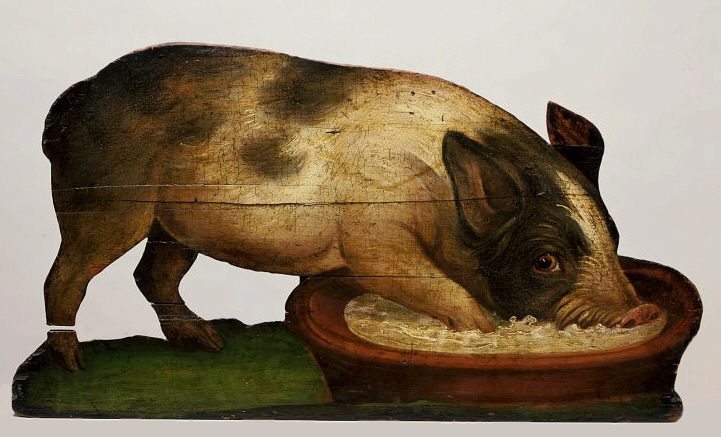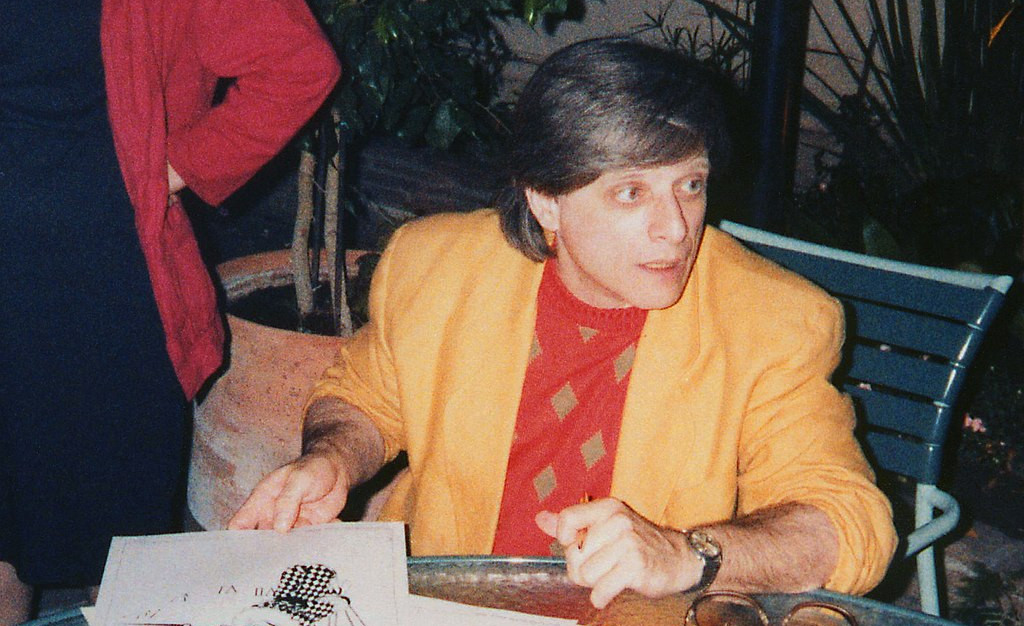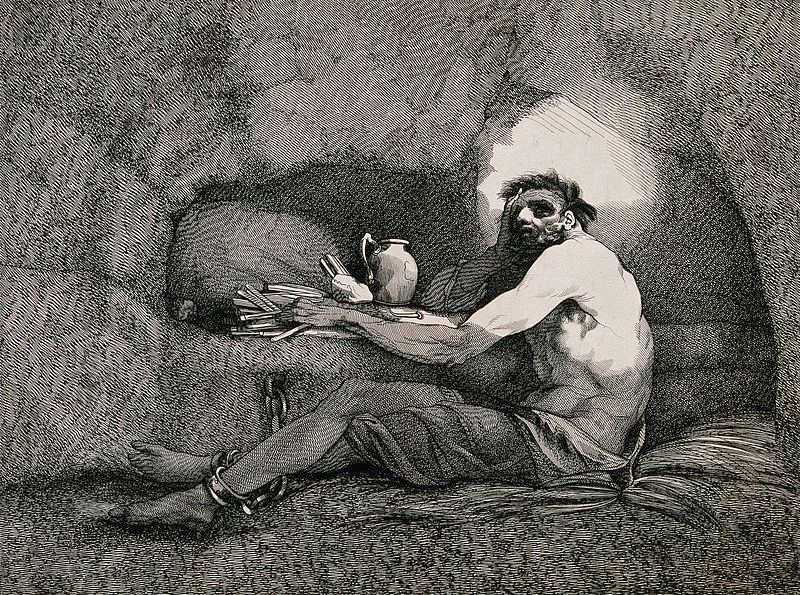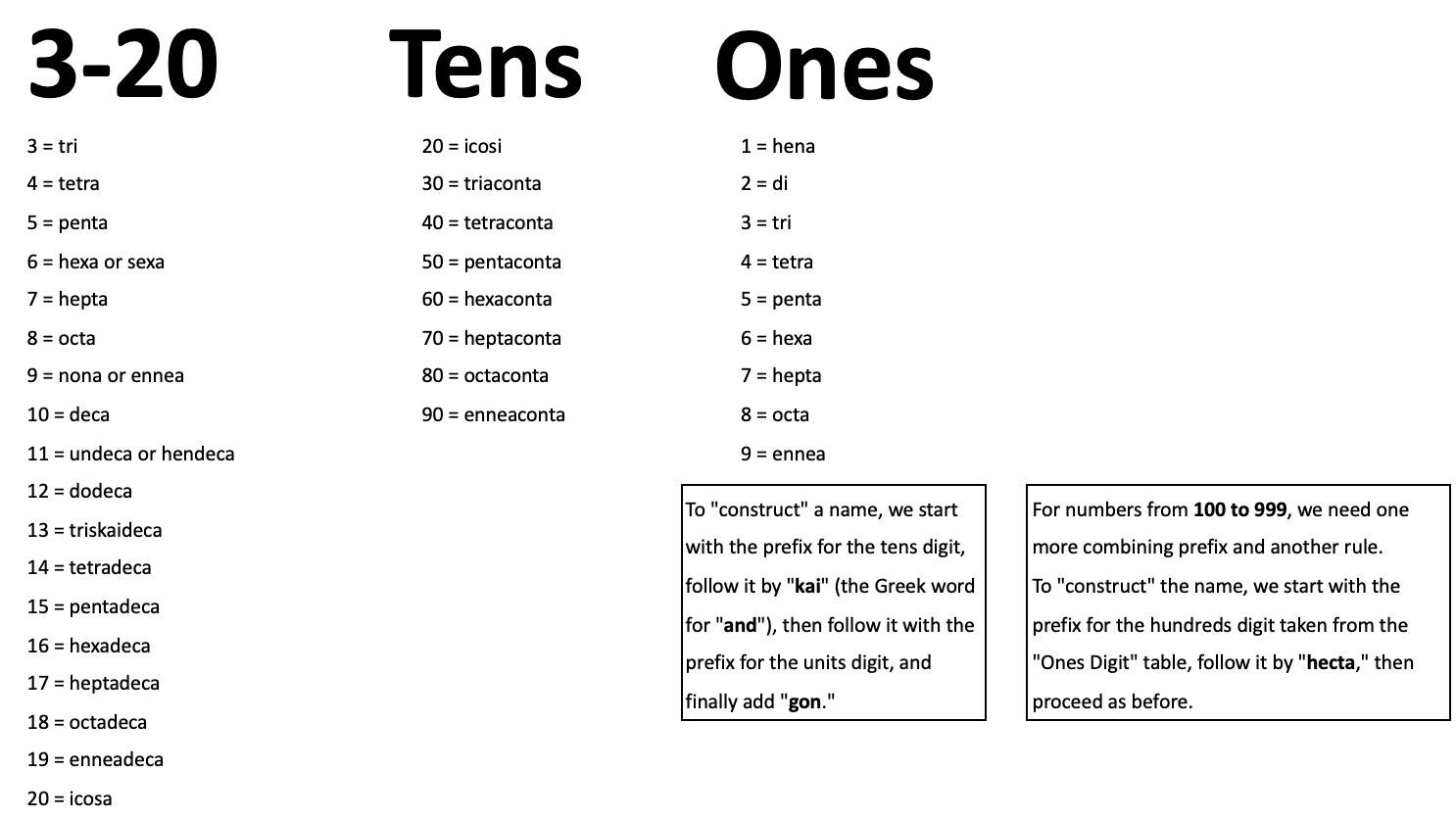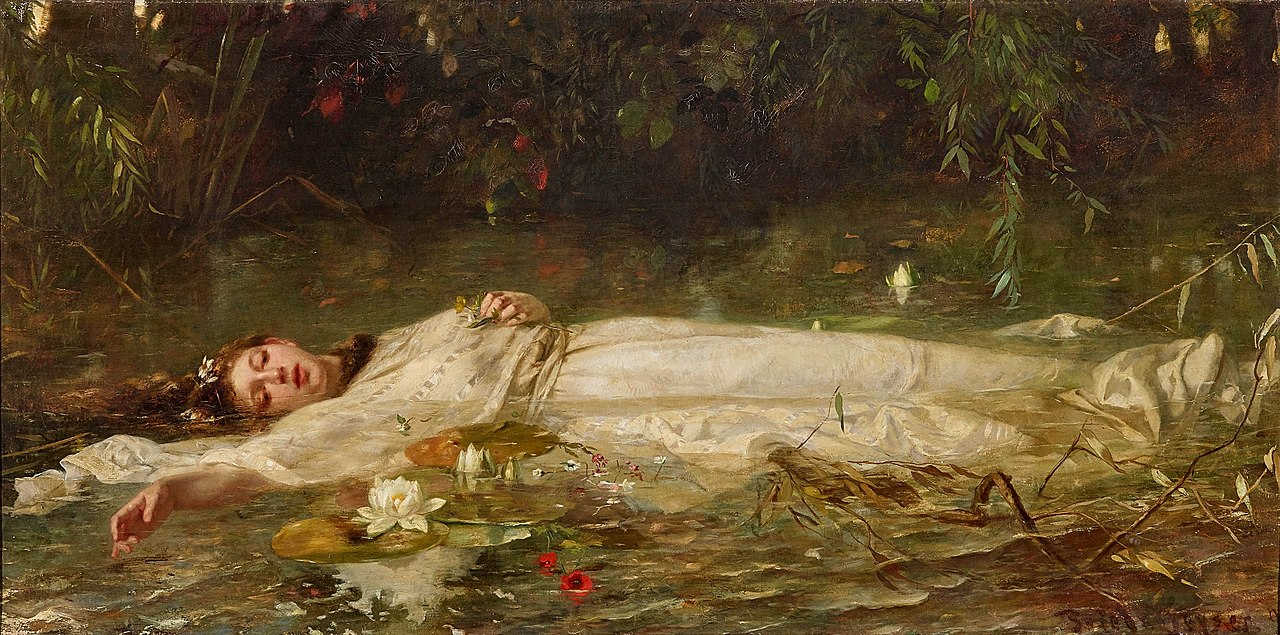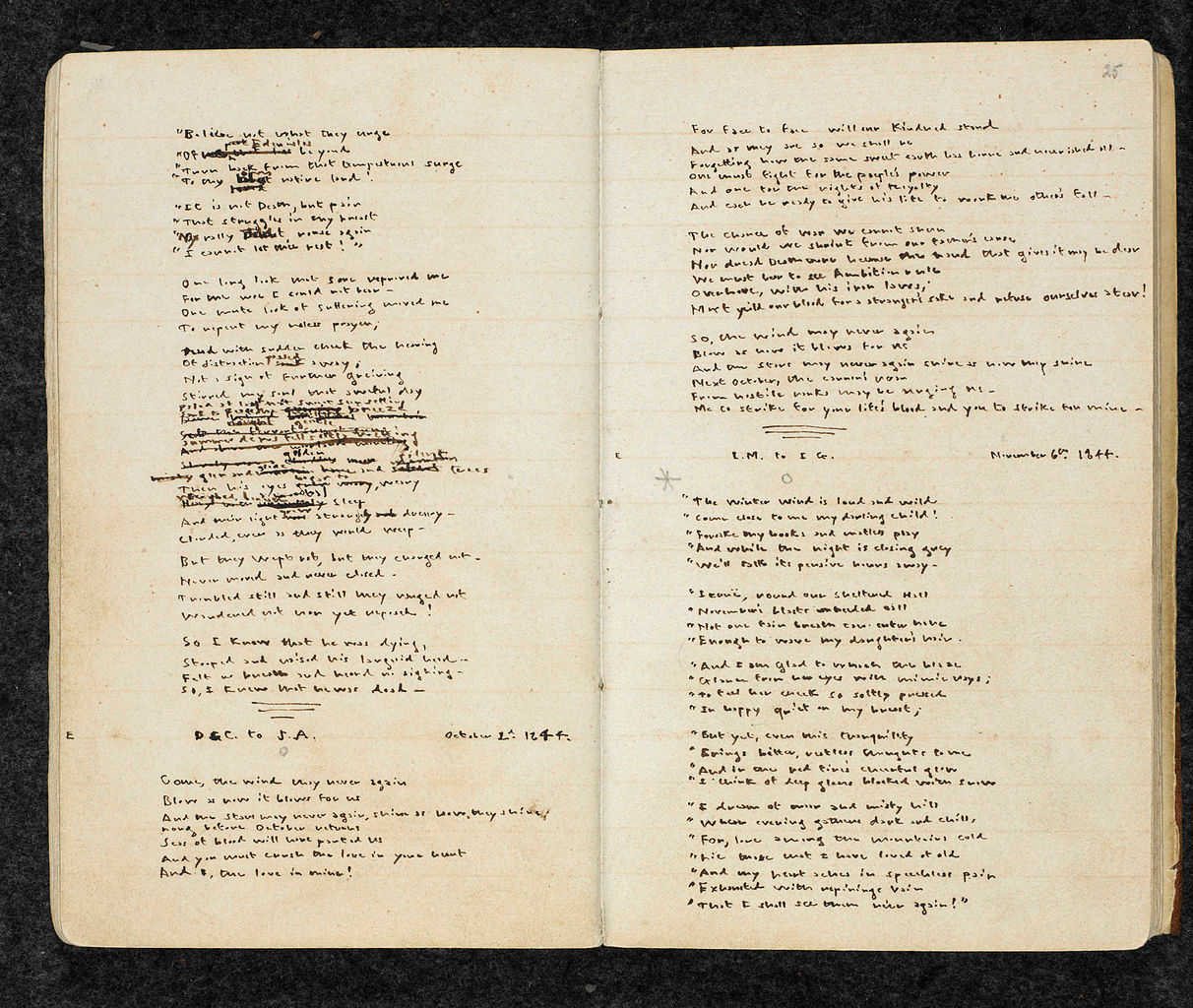
In contemporary secretary schools, training emphasizes the inhibition of reading for meaning while typing, on the assumption that such reading will hinder high-speed performance. Some support for this assumption derives from the introspections of champion speed typists, who report that they seldom recall the meaning from the source material incidentally.
— William E. Cooper, Cognitive Aspects of Skilled Typewriting, 2012
We don’t even know the keyboard. A 2013 study at Vanderbilt asked 100 subjects to take a short typing test; they were then shown a blank QWERTY keyboard and given 80 seconds to label the keys. On average they typed at 72 words per minute with 94 percent accuracy but could correctly label only 15 letters on a blank keyboard.
“This demonstrates that we’re capable of doing extremely complicated things without knowing explicitly what we are doing,” said graduate student Kristy Snyder.
It had formerly been believed that typing starts as a conscious process that becomes unconscious with repetition. But it appears that typists never memorize the key locations in the first place.
“It appears that not only don’t we know much about what we are doing, but we can’t know it because we don’t consciously learn how to do it in the first place,” said psychologist Gordon Logan.
(Kristy M. Snyder et al., “What Skilled Typists Don’t Know About the QWERTY Keyboard,” Attention, Perception, & Psychophysics 76:1 [January 2014], 162-171.)

